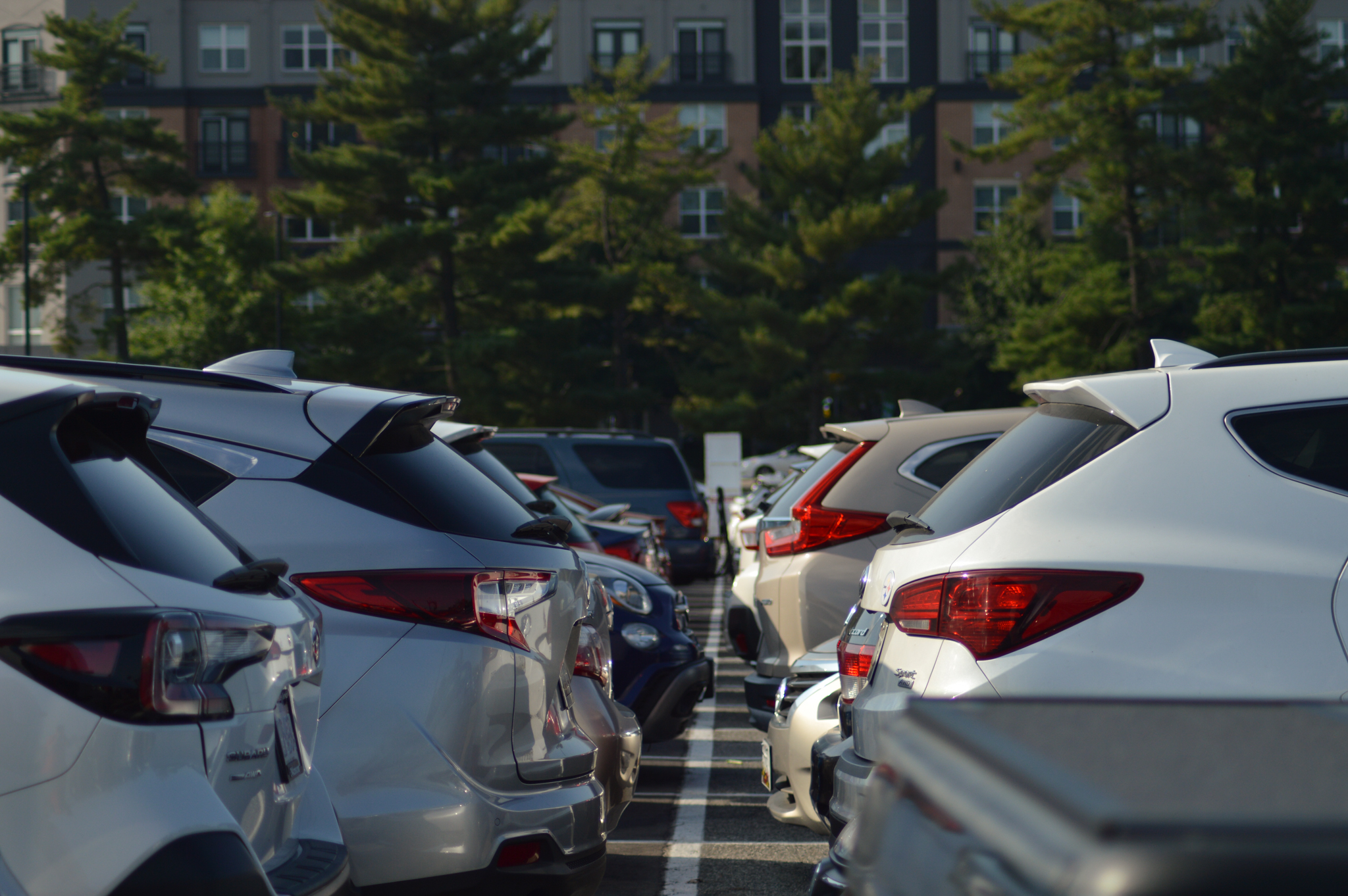Views expressed in opinion columns are the author’s own.
Securing a parking spot on a Friday afternoon should be a breeze, right? But when there’s an event and the Department of Transportation Services reroutes permit holders to one of four on-campus garages, then it becomes a bit more challenging.
Last week, this was the reality for countless staff and students affected by DOTS’ parking restrictions. Permit holders were required to move their vehicles by 1:00 p.m. – six hours before kickoff – to ensure that tailgating could start on time.
This irrational decision was incredibly burdensome for many. People I know had to change plans by having a family member drive them in, park further away from their classes or leave class early to avoid getting towed.
Tailgating should never create roadblocks – literally and figuratively – for educational advancement. To compensate permit holders for troubles they face, the University of Maryland should provide them with a financial reimbursement.
A monetary reimbursement would signal that it is not the intention of this university to take advantage of those who park on campus. It would also demonstrate that the administration respects their students and faculty members’ personal schedules.
The money could be deposited into students’ eBill accounts to then be applied to a future academic semester. For staff and graduating students, the stipend could arrive in the form of a check and go towards anything of their choosing. Maybe it could be used to fill up our tanks after relocating our cars.
It’s important to note that it is not necessarily the decision of the university as to when games are held. The NCAA determines our college football conference schedule and ensures each team in the Big Ten conference plays at least one Friday night game. However, this does not excuse the university and DOTS from making unfair decisions regarding parking access.
As students, we share animosity towards DOTS for a variety of reasons. But Friday’s debacle was the boiling point. Students pay hundreds of dollars each semester for their parking permits and aren’t given the true value of the parking space they paid for.
Maybe the university would alter tailgating sites if that imposed a financial burden on it, just as it does to some of us.
While it may not be attainable now, tailgating could eventually be held in open fields around campus or in their own parking lot that a regular permit holder can’t access. That way, students aren’t losing access to the spots they paid for and fans can still enjoy pre-game activities.
At the end of the day, this is a university. Academics should come first and students should be able to park to get to classes without disruption. Yes, it would be ideal to move and condense tailgating locations. But in lieu of that, this university must at least reimburse students and staff who face any undue burden.
Regardless of who’s responsible for deciding which lots close and who must relocate, it is this university’s fault for selling permits that don’t always hold their weight and value. It’s the responsibility of both the university and DOTS to develop a reasonable parking plan that accommodates the inevitable overflow of visitors. Unfortunately, that has yet to be seen.
For faculty and commuter students who already have to worry about construction, road closures and other traffic conditions on their way to campus, the decision to relocate all vehicles completely disregards their personal and financial situations as well.
Providing monetary reimbursement to individuals who pay to park on campus is not only a practical approach but also a symbolic gesture that can significantly contribute to addressing college affordability issues. Such a measure would recognize the financial strain that some face when it comes to parking fees, while demonstrating an effort to alleviate some of the economic challenges associated with higher education.
If this university can’t resolve this challenge by developing a tailgating strategy that doesn’t conflict with parking, it will continue to appear that the school’s party culture takes precedence over academics. Some students may view these two aspects of college life as equally important, but only one of these things contributed towards our ranking as a top 50 institution of higher education.
Hunter Craig is a senior public policy major. He can be reached at hpcraig@terpmail.umd.edu.
CORRECTION: A previous version of this column misstated that the Department of Transportation Services gave permit holders less than 24 hour notice to move their vehicles. This column has been updated.



